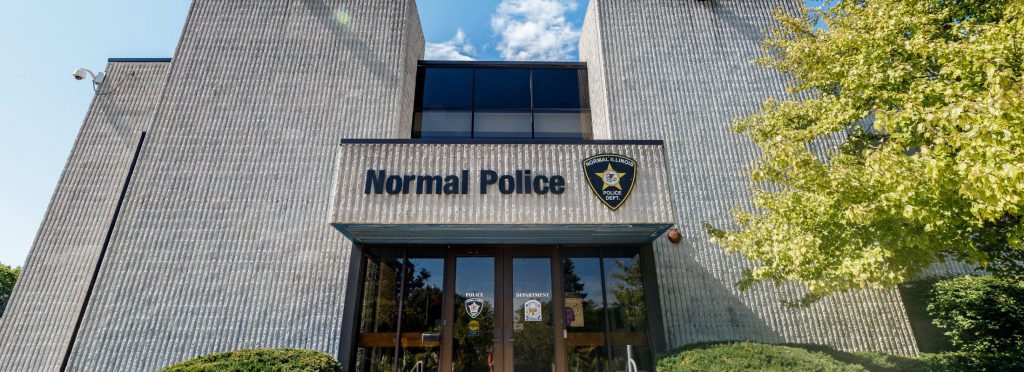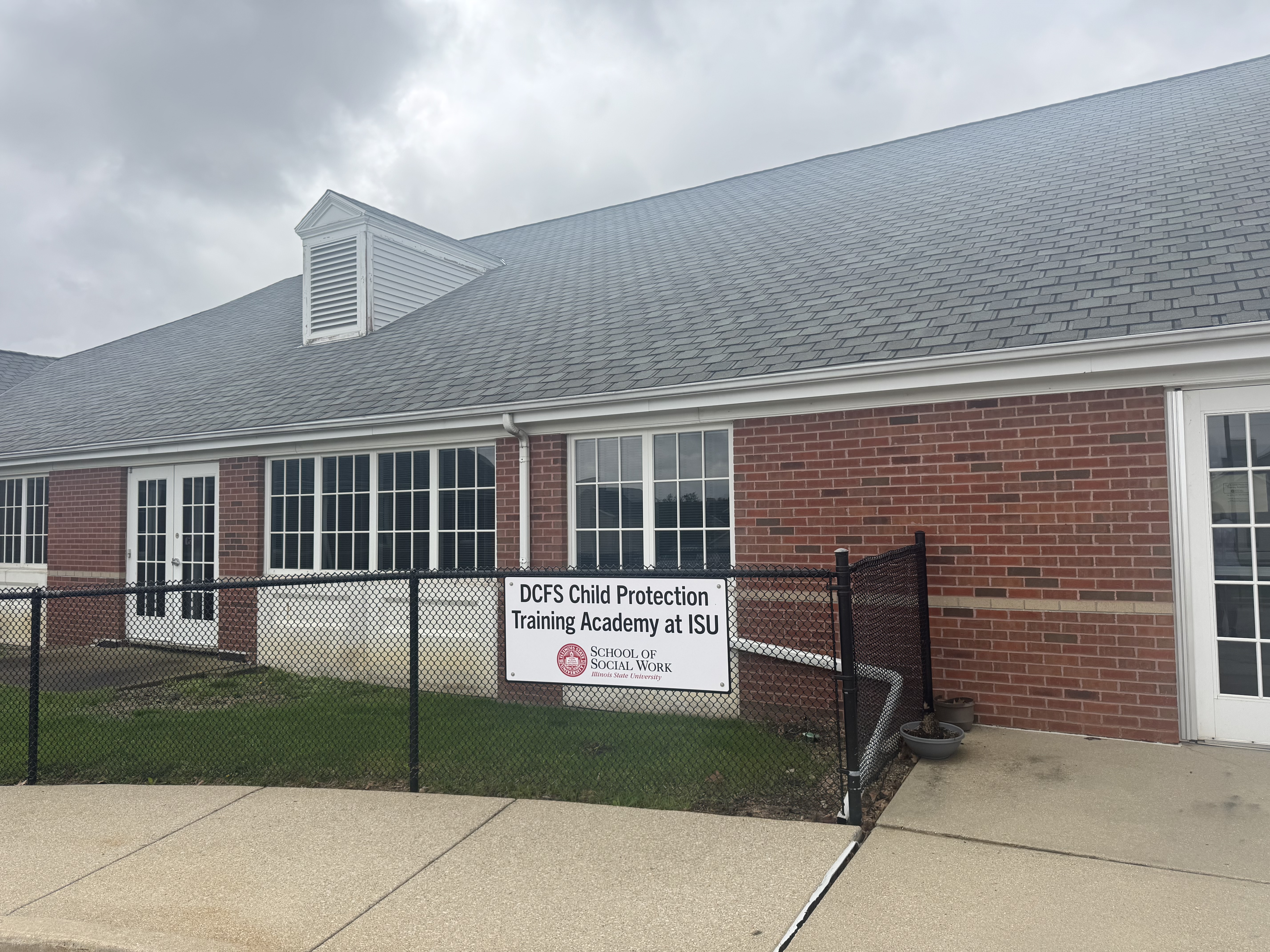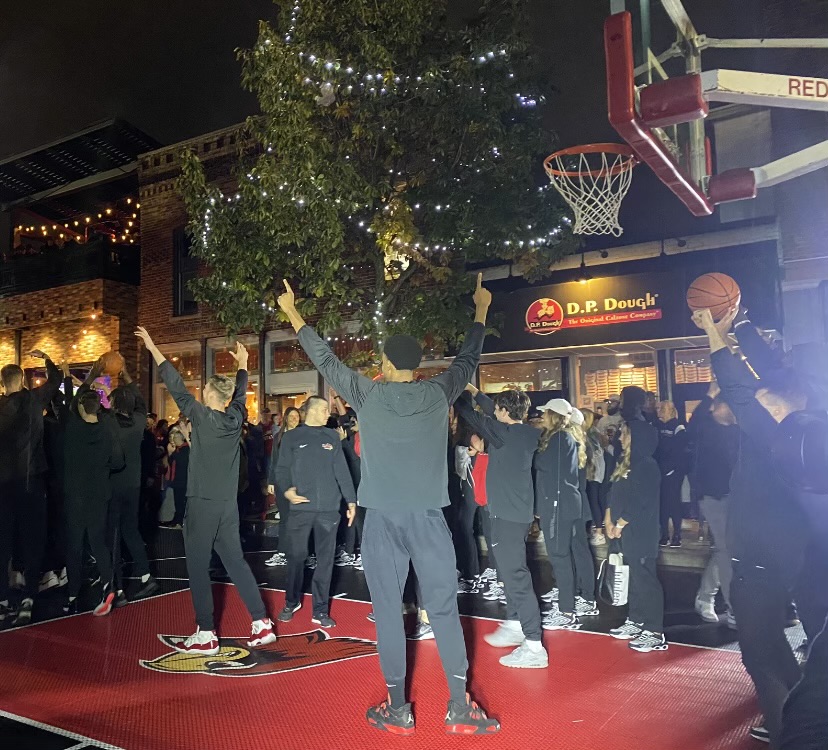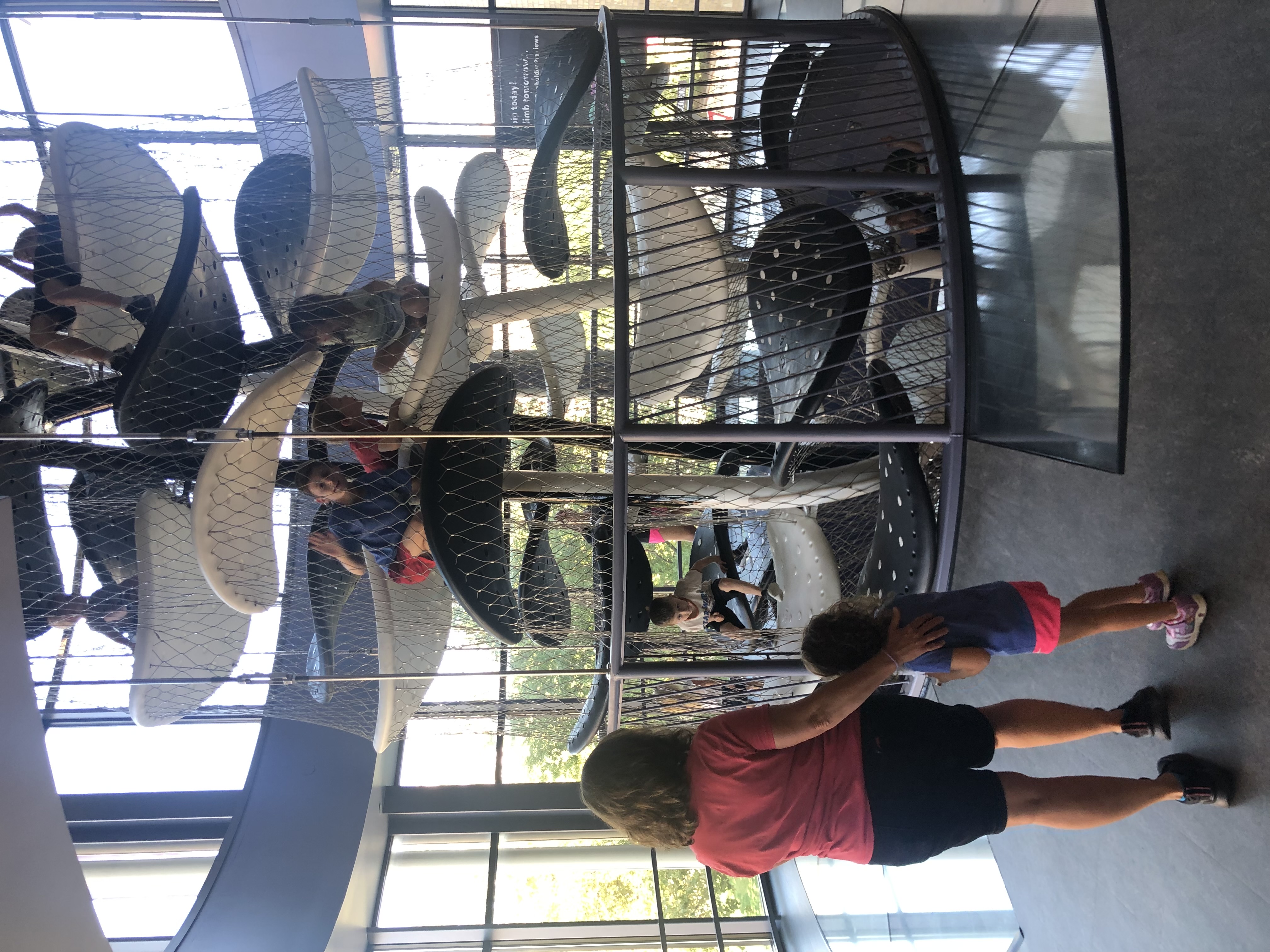BCA raises awareness of police training facilities with new #StopCopCity event
Written by WZND Newsroom on October 23, 2023
Photo provided by the Black Communication Association
NORMAL, Ill. – #StopCopCity is a trending hashtag on almost every social media platform, relating to The Atlanta Police Foundation’s (APF) funding of a building project expected to destroy 381 acres of the Weelaunee Forest in Atlanta, Georgia.
The plans include military-grade training facilities, a mock city to practice urban warfare, dozens of shooting ranges and a Black Hawk helicopter landing pad. The APF is demolishing the historic forest to construct the privately funded $90,000,000 training facility named “Cop City.”
“The APF funds ‘Operation Shield,’ a citywide network of nearly 11,000 surveillance cameras and license plate readers that has only expanded the round-the-clock monitoring of Black Atlantans,” says the Stop Cop City Instagram page.
The location of the construction site is located in the middle of a black community. Despite fifteen hours of public comment, the Atlanta Police voted to approve $67 million in public funding.
According to a Normal resident, The Weelaunee Forest, coined as the “lungs of Atlanta” by the city government, is crucial to the overall health of the surrounding majority black community. Member of the Black Communication Association at Illinois State, Doniven Hill-Bush, shared that the land was taken from the Muscogee people and that he vast majority of Atlanta residents are against Cop City.
Hill-Bush expressed his concerns saying, “The idea that in order to prevent crime is to have police is not working. The solutions come from giving those communities what they need like infrastructure, healthcare and education.”
Hill-Bush believes that there is a misunderstanding of crime and where it comes from saying, “crime doesn’t come from being an innately bad person. You do crime because you don’t have a specific resource. I’m not stealing a loaf of bread because I want to be a villain today. It’s because without taking the bread, you might not make it the next day.”
The City of Atlanta has allowed the cutting of over 300 acres of the forest. Cop City is set to expand over 381 acres. To put it into perspective, Hill-Bush shared that Illinois State University’s Quad is about 480 acres. Cop City is just over 100 acres less than the Quad.
He also touched on class concerns and how that factors into the discrimination of local residents.
“A lot of the first forms of policing were hired private armies. They were rich people being able to hire a bunch of hired guns to defend themselves and their property.” Hill-Bush said, “when you have this narrative of protect and serve, you ask the question, protect and serve who? You’re probably not on the list.”
Hill-Bush also touched on some local groups that have been protesting the construction of Cop City and what tactics and motives they have undergone in their protests. Some actions taken include defacing private property and cars, resulting in arrests or death.
“The Forest Offenders, who are environmental justice activists that actively work in the Weelaunee Forest and do multiple strategies to prevent and stall the building of Cop City,” Hill-Bush said. “You can rebuild property and buildings, but you can’t revive a human life.”
Atlanta is one of many places with a facility like this. Chicago has its own Cop Academy, which was approved this year. It was placed on the west side of Chicago in July of this year, the facility being smaller than the one in Atlanta, with a $30 million price tag. Hill-Bush covered how this affects local Illinois communities.
“The fact that something like this has been approved in such a major city, not to mention so close to campus, should send shockwaves,” he said. “If this is approved in Chicago, what makes you think it won’t happen to every major city?”
Though this issue may not seem concerning to Bloomington/Normal locals now, Hill-Bush says otherwise. He describes the various projects, presentations, and protests to prevent and bring awareness to the situation.
“Two years ago, we protested the death of an ISU student, Jelani Day. We protested and marched to make sure that he and his family could have some justice,” he said. To this day, his case has yet to be solved.
The Black Communication Association will be taking charge and starting the discussion of #StopCopCity. The event will occur this Tuesday from 7-8:30 p.m. in Fell Hall Room 125.
The event aims to discuss the implications this facility will have on campus, in Illinois, and all over the United States, with the goal of education local students on the implementation of these facilities.





